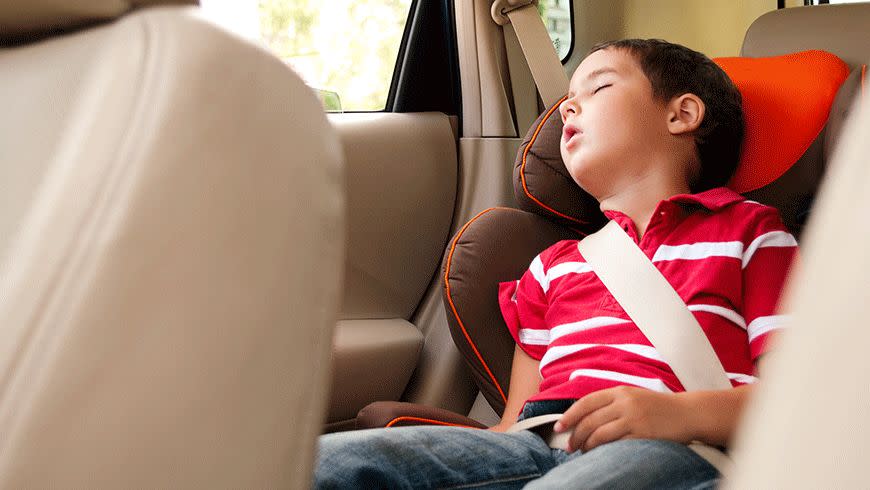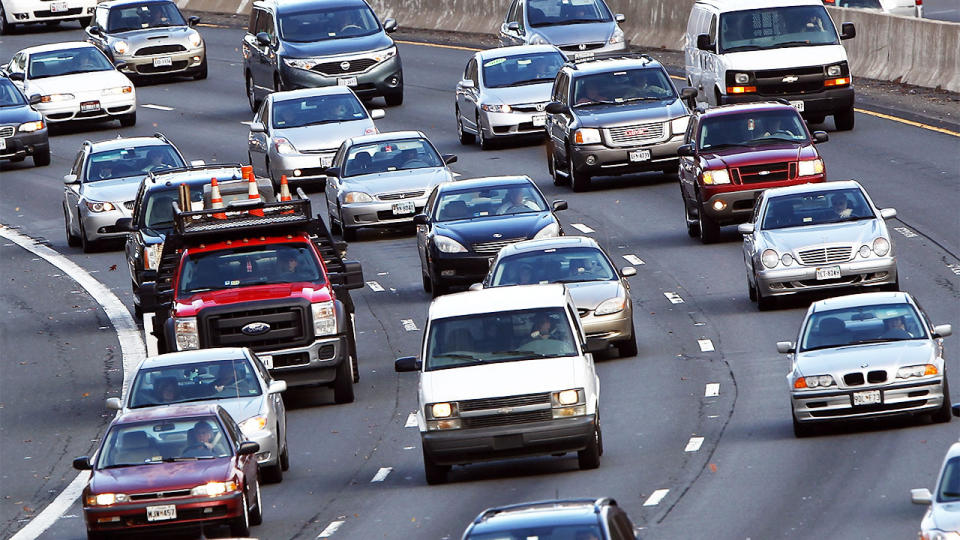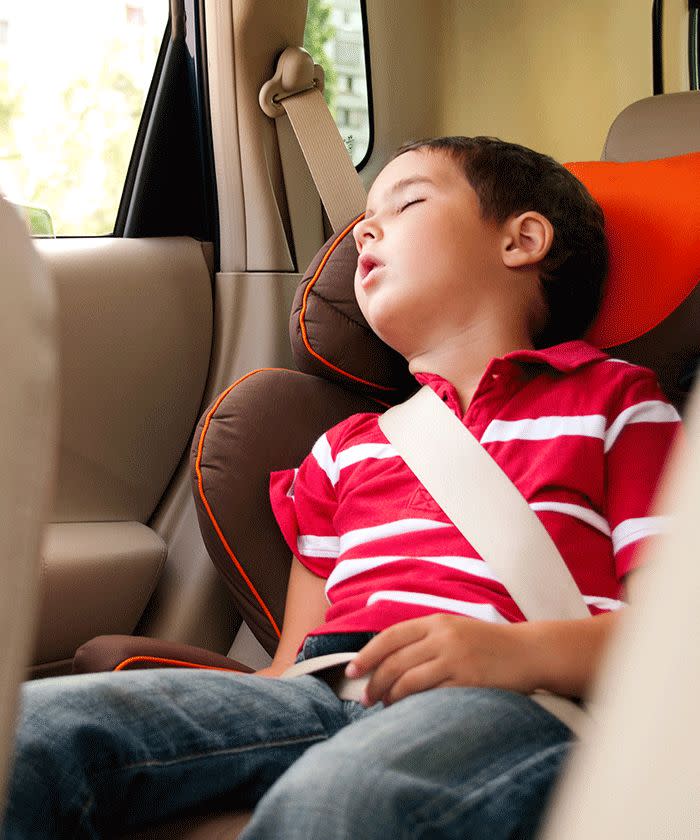Road tripping: Parents drugging kids on long-haul holidays
As many as one in five families are using allergy drugs to sedate their children on long-haul road trips a new study has found.
Fairfax’s Sun-Herald reports research from insurer GIO revealed about 600 of 3700 families reported resorting to the extreme measure to provide some peace and quiet on family trips, triggering warnings from health professionals against the measure.
According to the report about 80 per cent of families gave children hand-held video games or tablet computers, about 70 per cent used treats to keep kids occupied, but 18 per cent resorted to tranquilisers, including the over-the-counter antihistamine Phenergan.
Phenergan is an easily available antihistamine intended to treat allergies, breathing problems and nausea, however, in recent years it has gained a following among some parents who have found it has a sedative effect on children.
Health experts warn though that it has been linked to at least seven deaths in young children, carrying the potential for fatal respiratory depression when given to toddlers or babies.
Head of general medicine at the Westmead Children’s Hospital Joanne Ging told Fairfax Phenergan or similar drugs could prove a very bad choice for parents and children on long trips.
"We would never recommend it for children on plane trips, car trips or wherever, because its side effects can trigger the exact opposite effect, including hallucinations,” she said.
“It's a medication that really should only ever be used for allergies."
Child psychologist Michael Hawton told the paper he believed the practice was both “extraordinary and horrible”.
"The whole idea of heading off on a family holiday is to enjoy time together,” he said.
“There's a big difference between entertaining your children and medically straitjacketing them … they should be allowed to be children."
While an alarming number of parents are choosing to take the pharmaceutical route, the GIO survey also revealed traditional methods on in-car parenting remained the most popular.
Fairfax reported 64 per cent of parents still resorted to threatening to stop the car to leave the kids behind, while more than half found solace in simply turning up the stereo.




